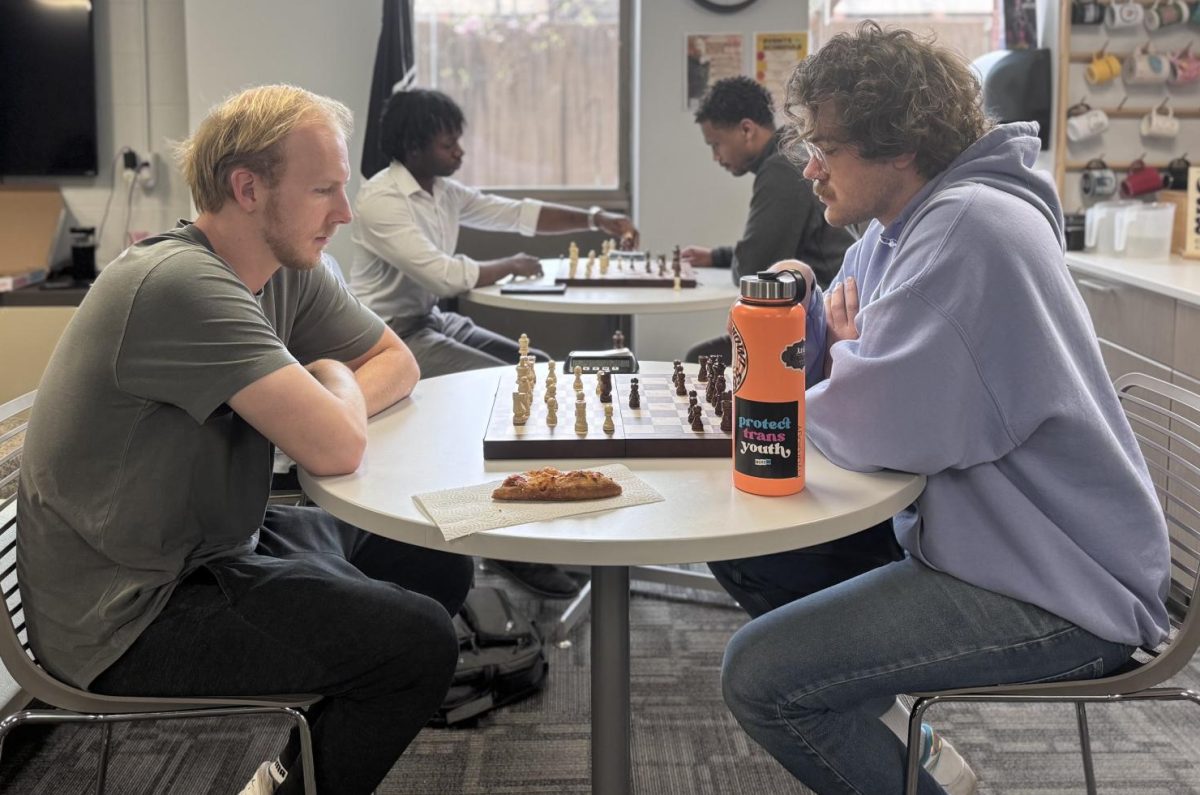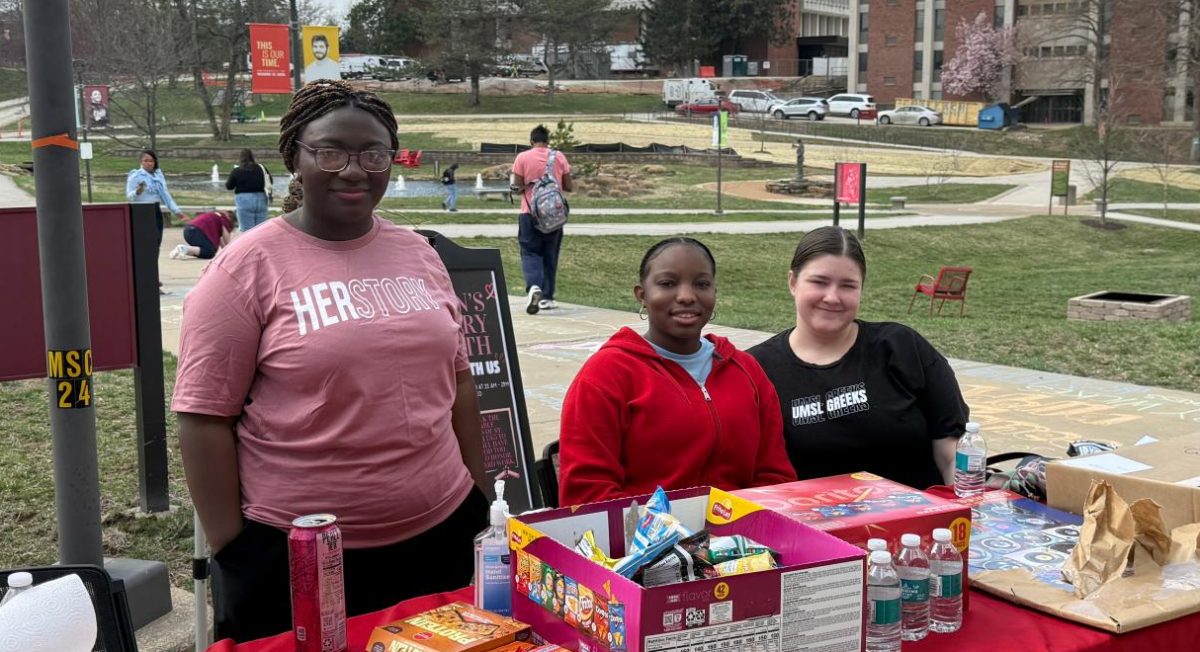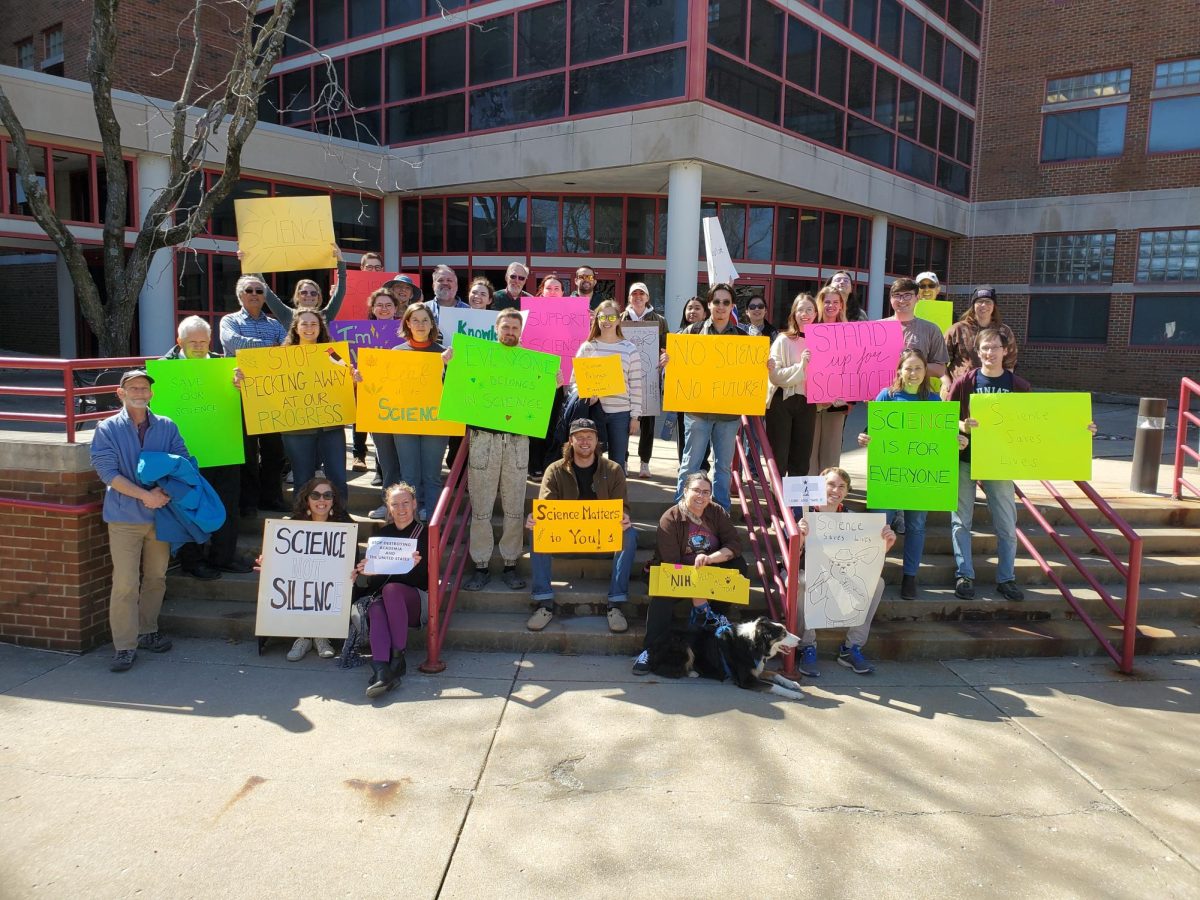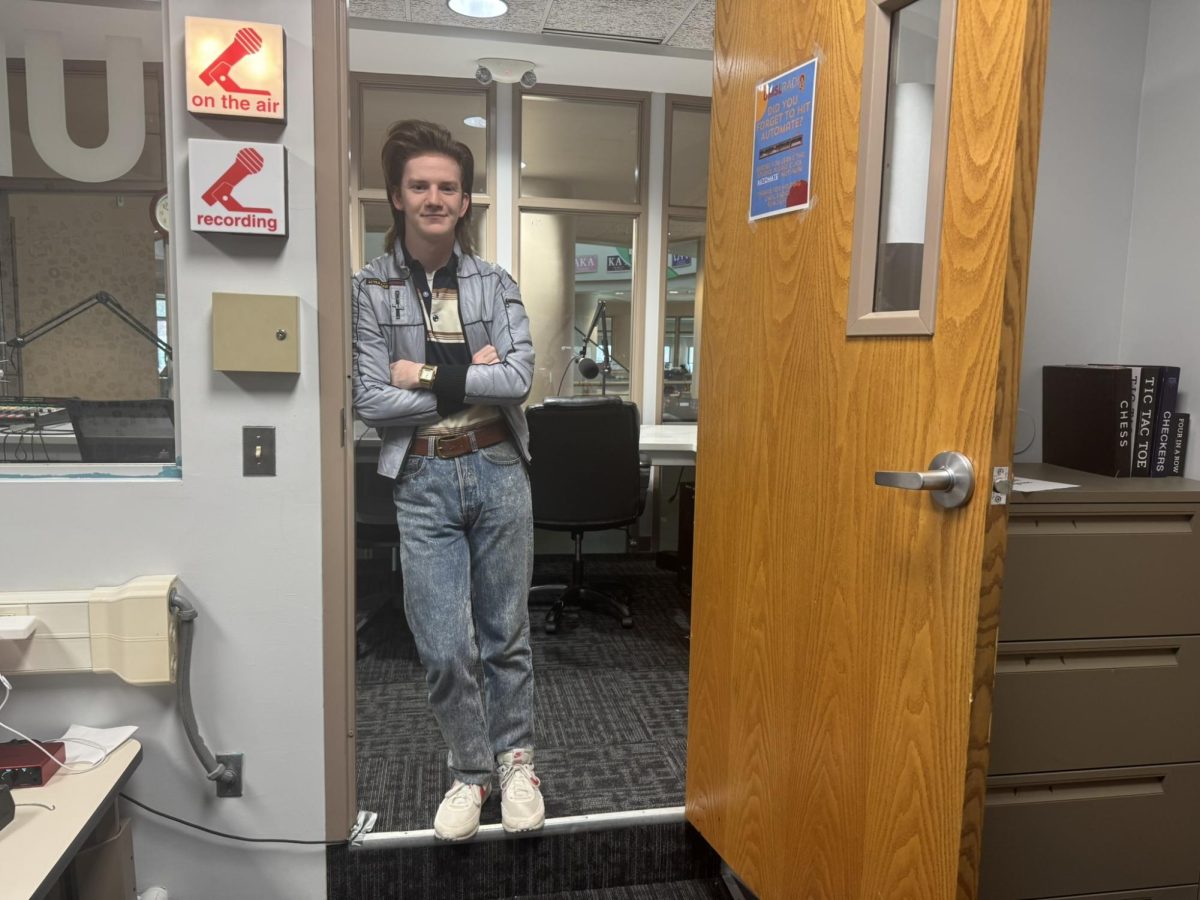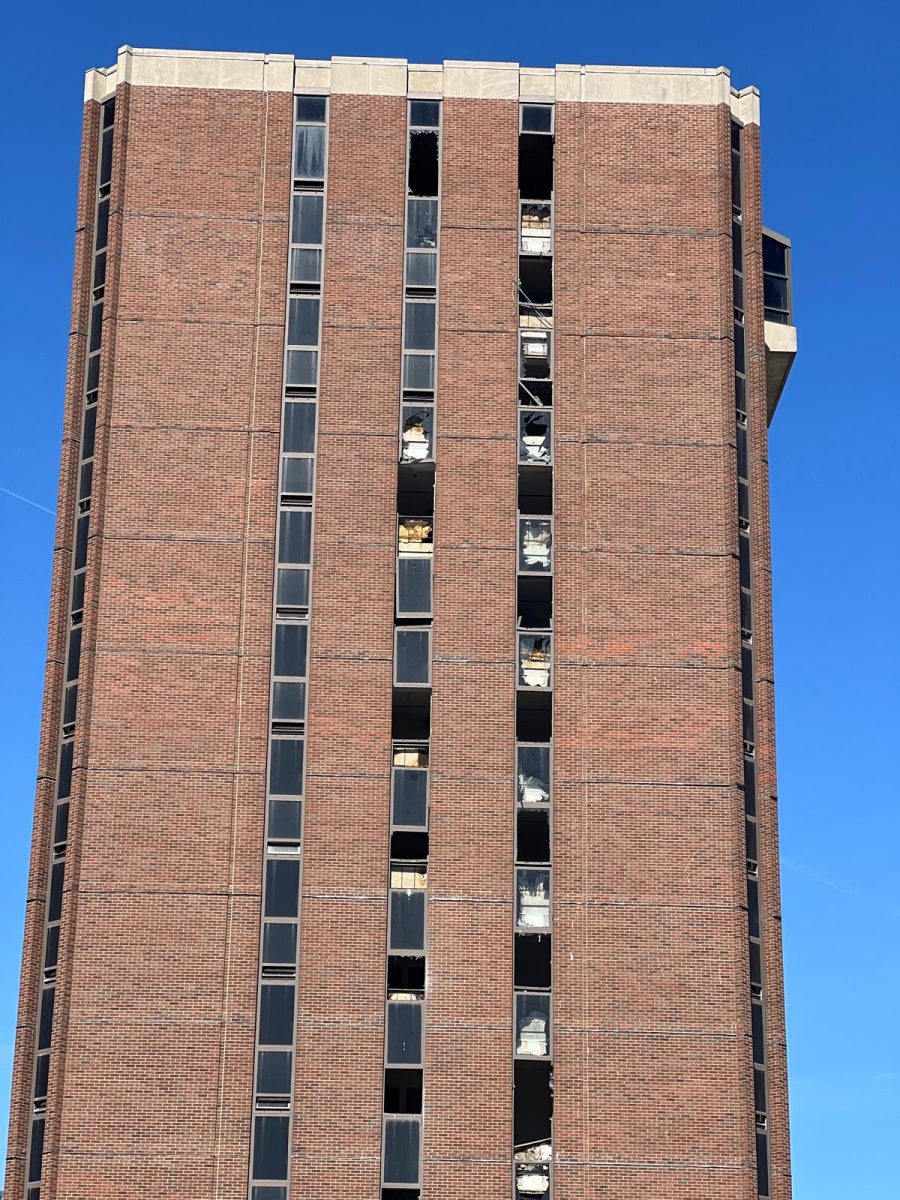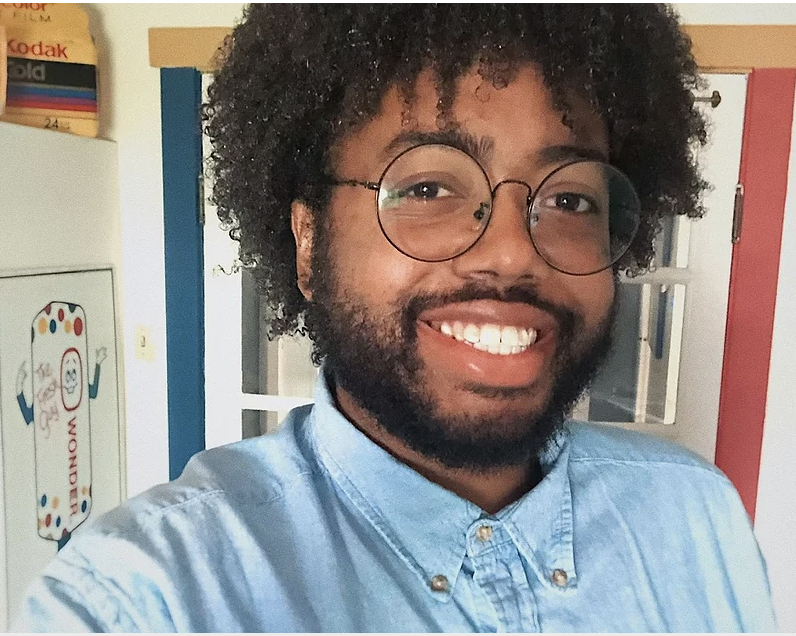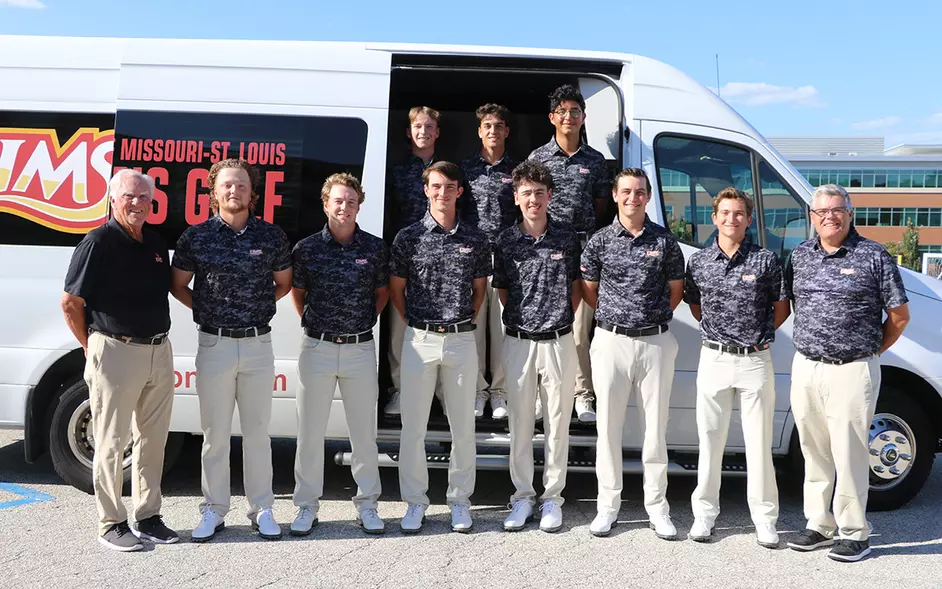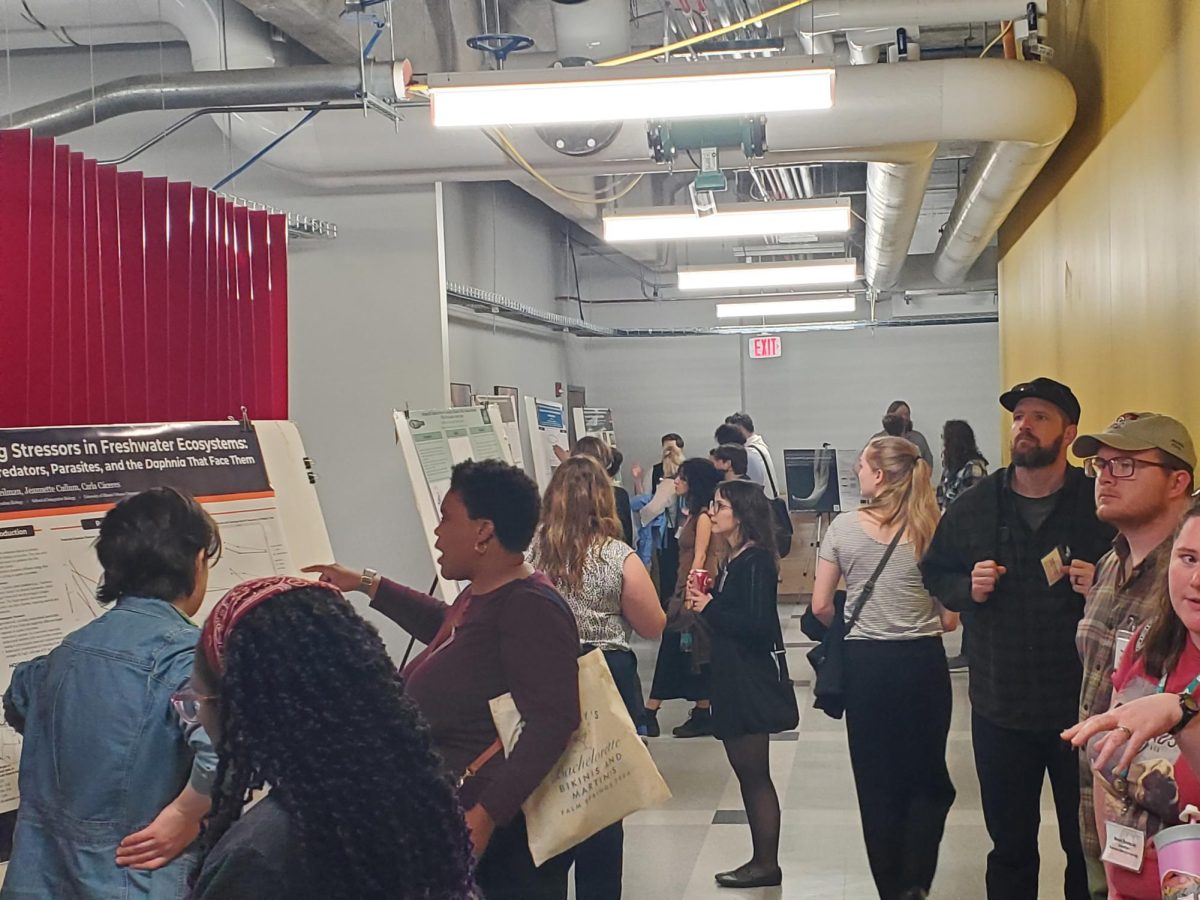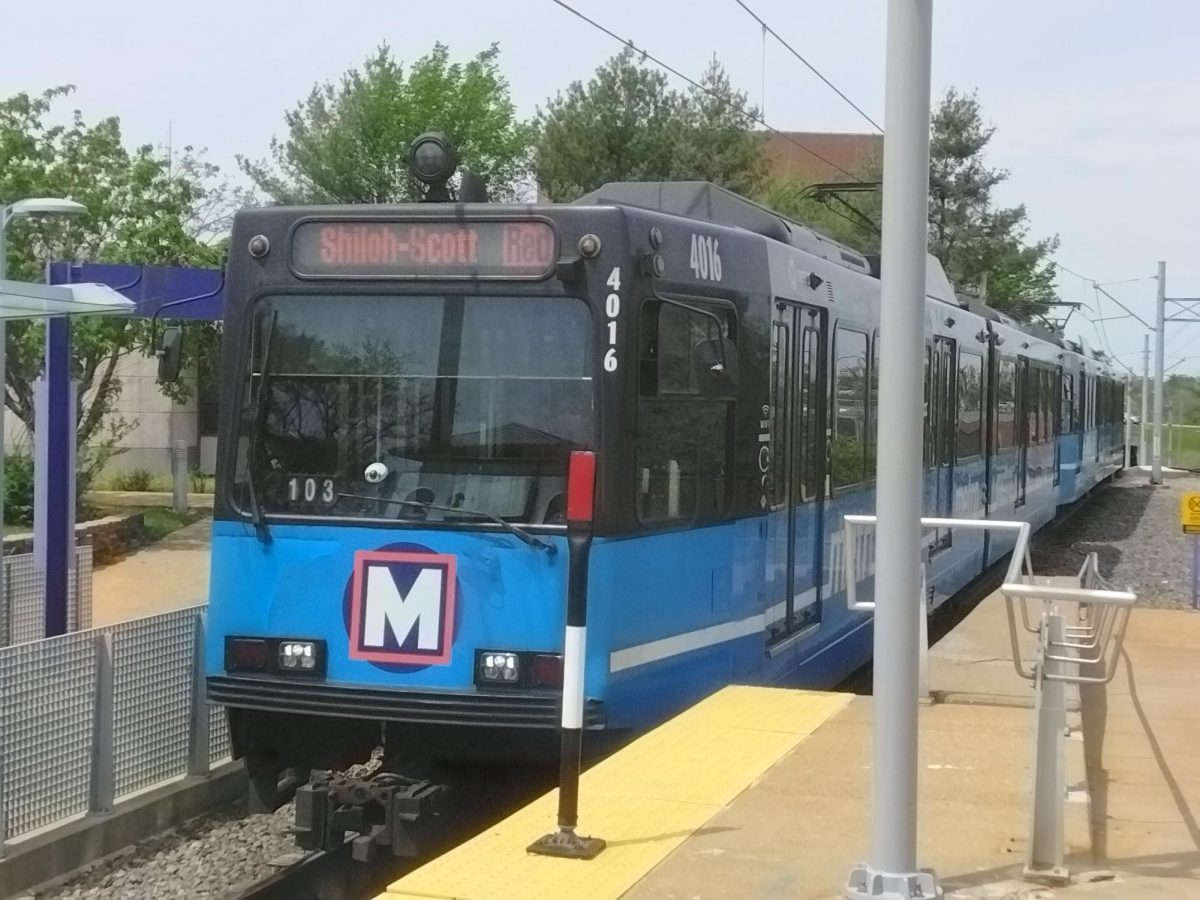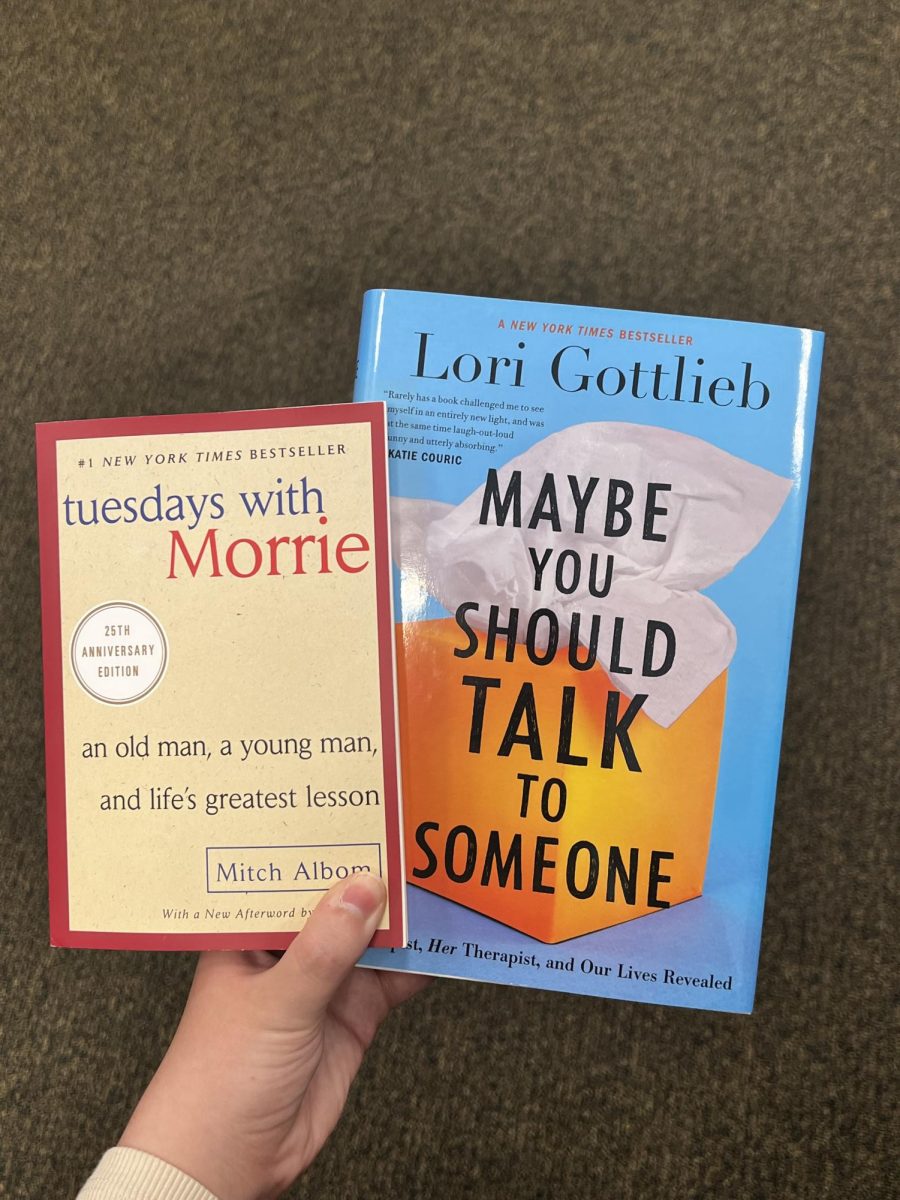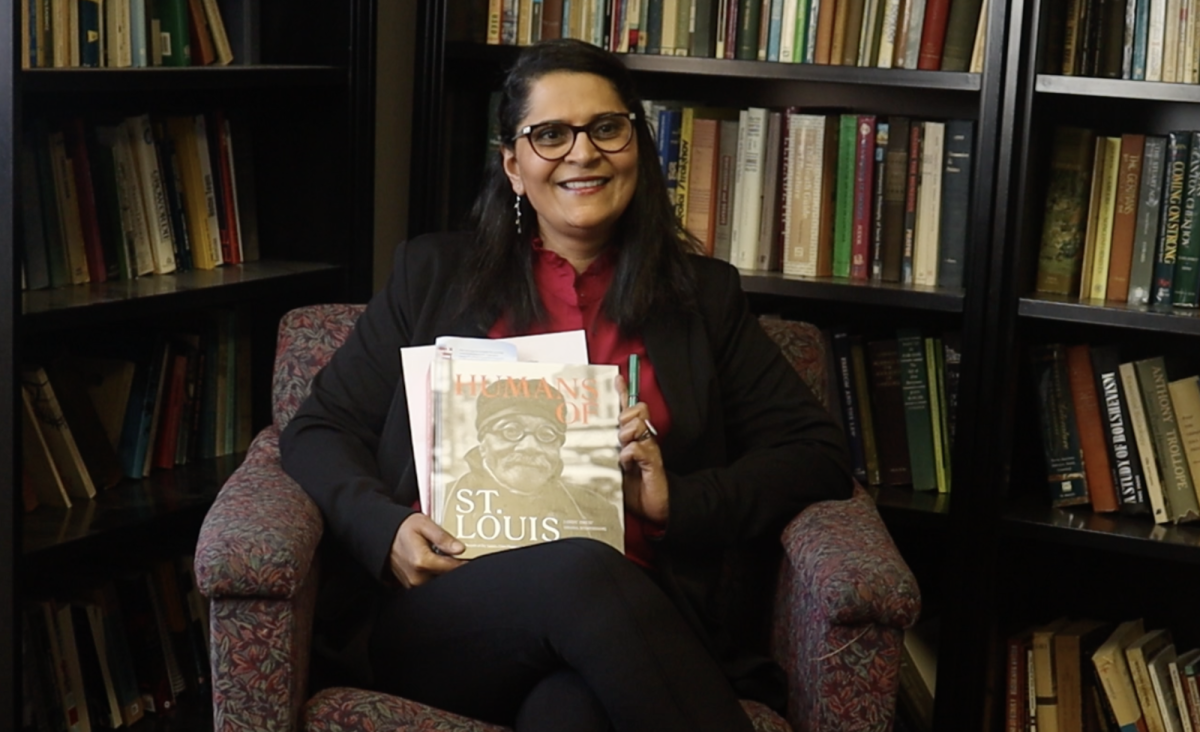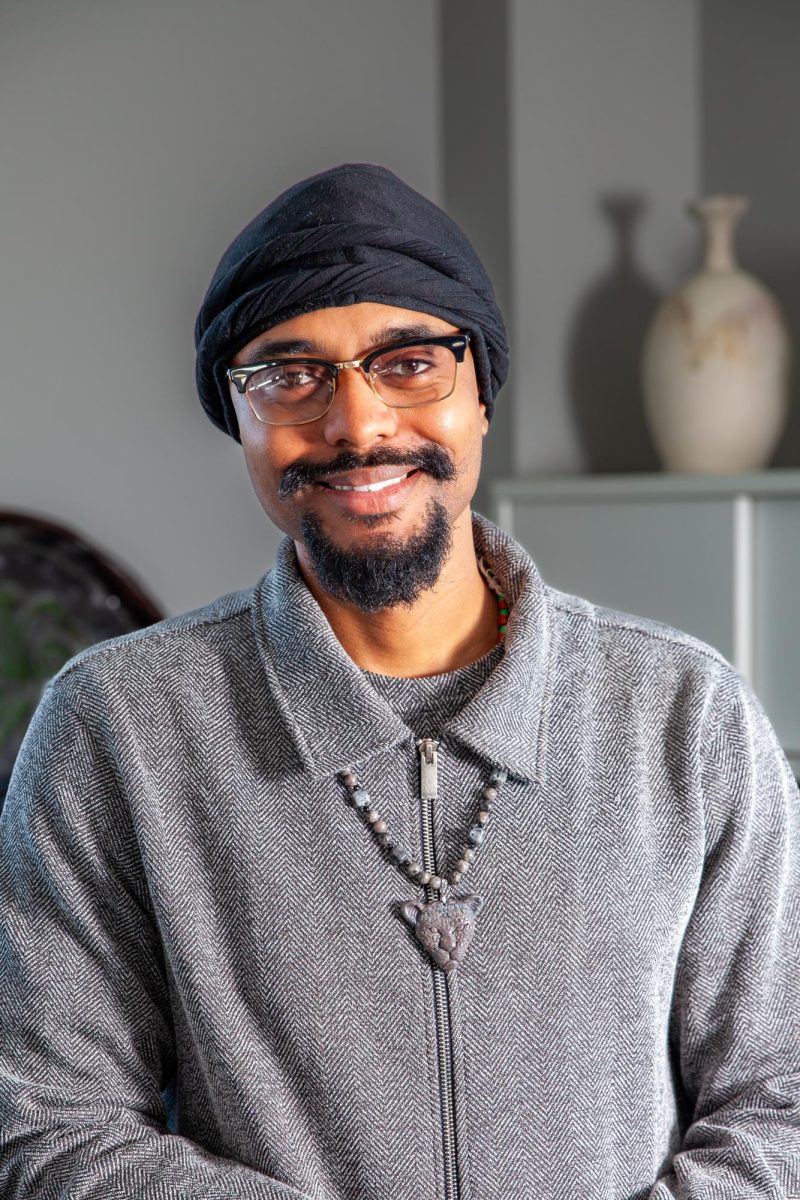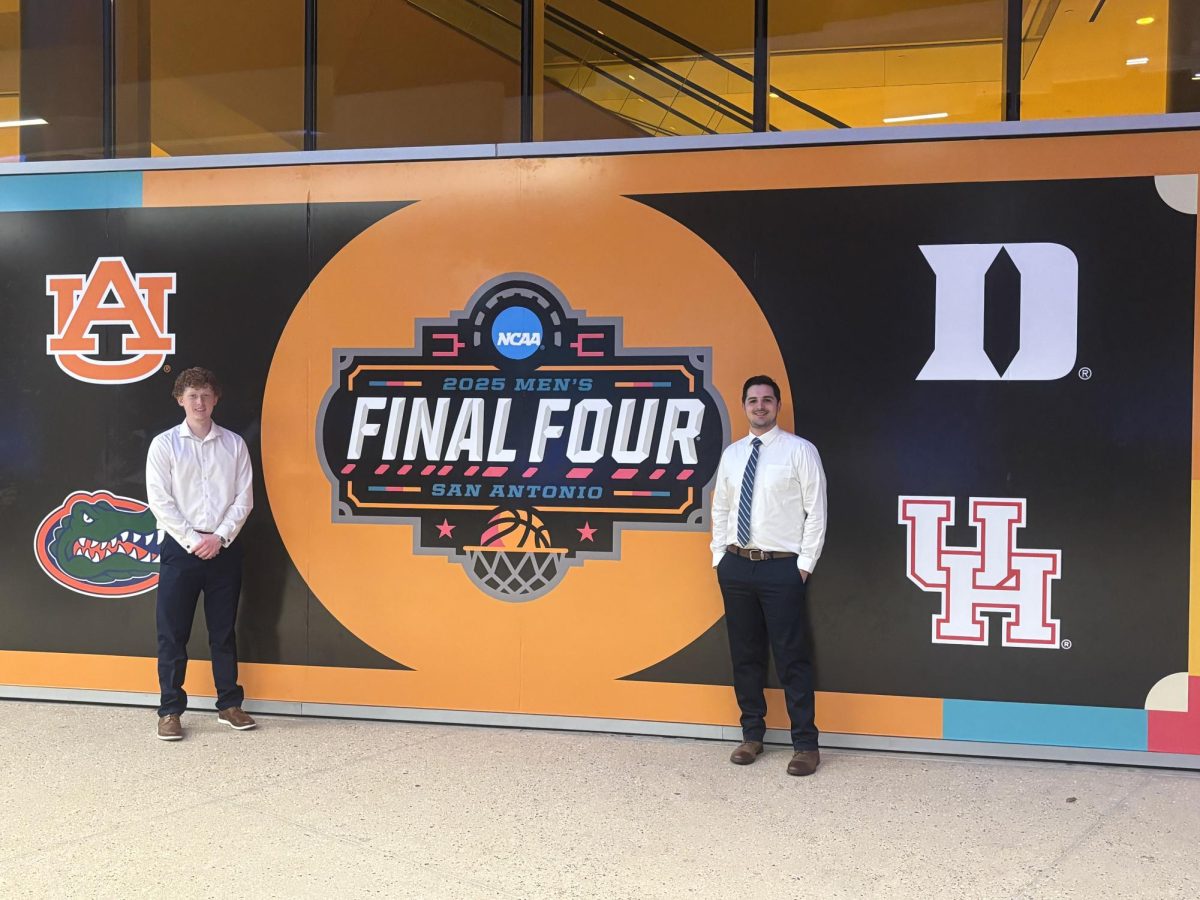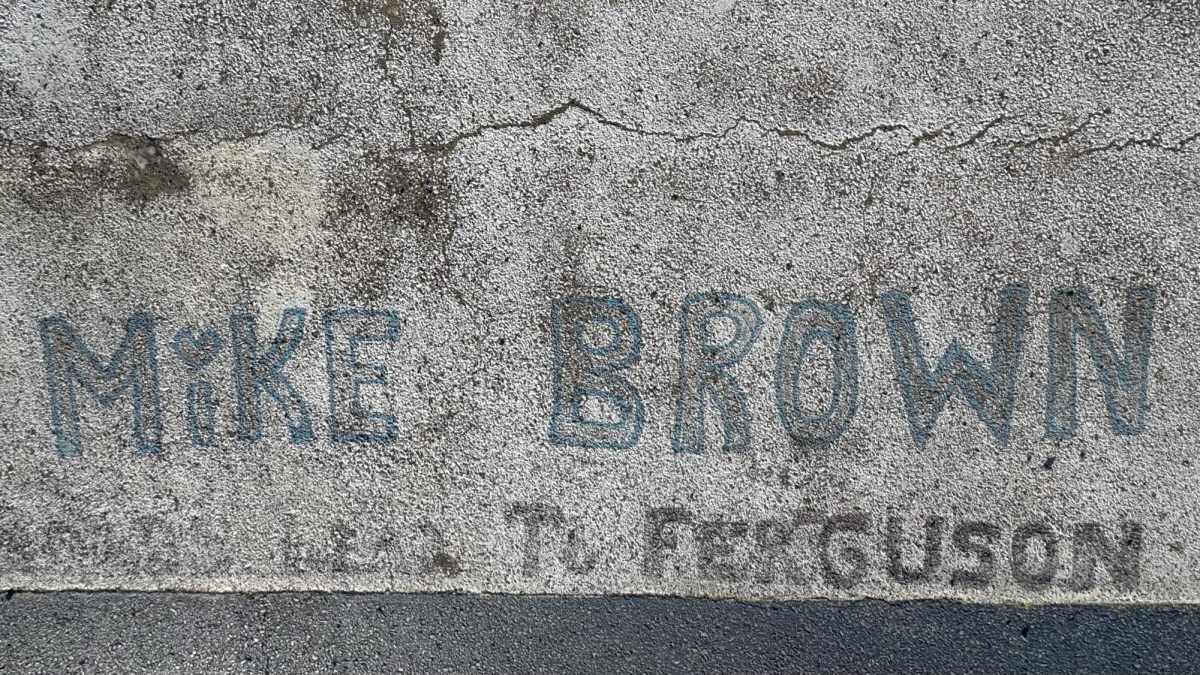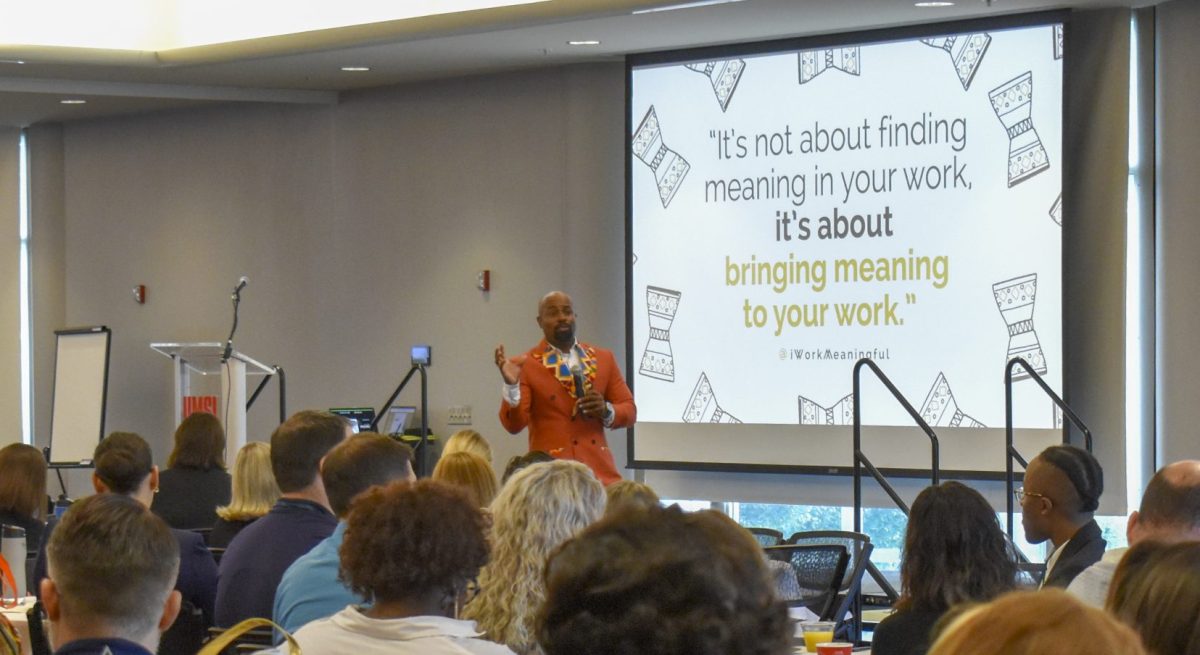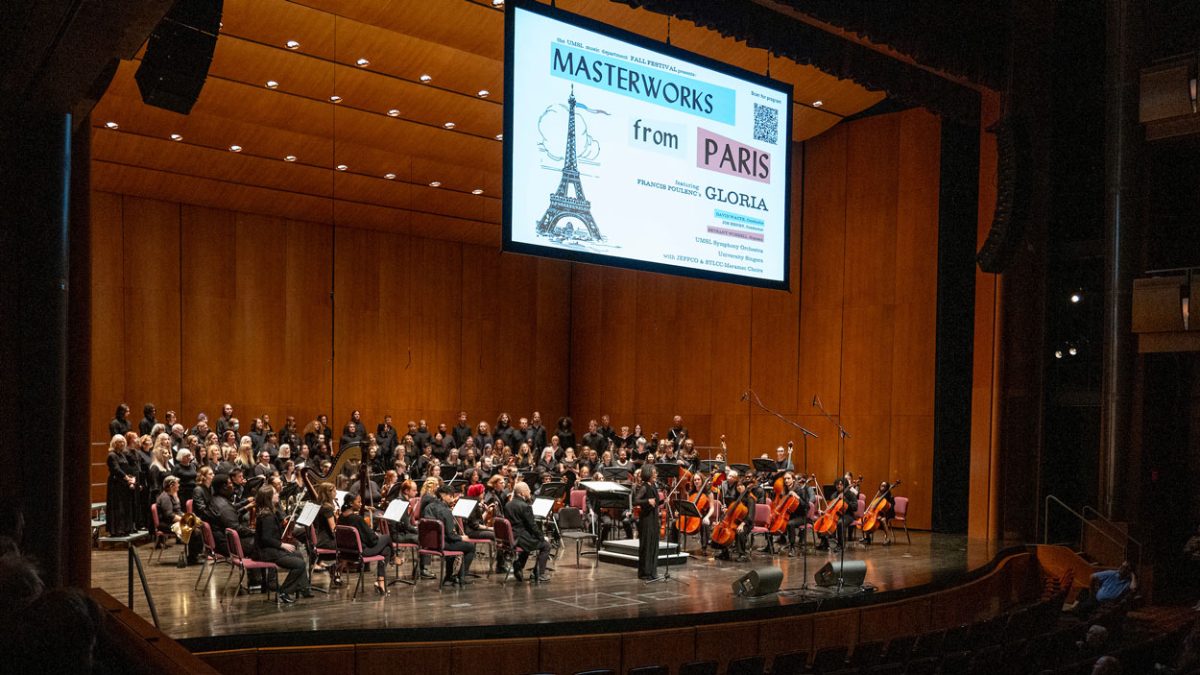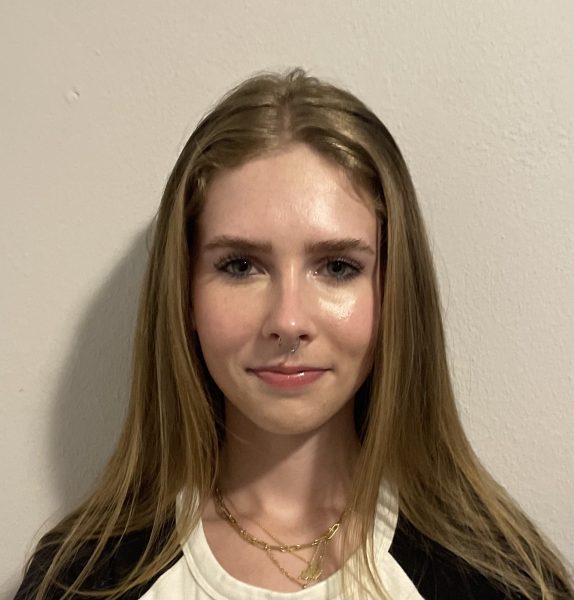Searching for opportunities to advance one’s academic and professional careers is hard today in our technologically-filled society. Many struggle to find beneficial material and resources among the marketing schemes looking for revenue. The most logical answer for students is to turn to campus resources, such as events hosted at the MSC (Millennium Student Center). However, many companies hosting campus events looking for student involvement fail to provide long-term benefits for students’ professional careers.
Most information presented to students is filled with fluff and lacks real resources that benefit students during their educational career. This pattern was recently covered by Lilly Warden while reviewing The UMSL Fall Internship and Job Fair. Overall, events being hosted at UMSL like these do not give students anything tangible to walk away with and are not worth the price tag it sometimes comes with. There are few opportunities for students to find anything about their academic and future professional careers. Rather, events coach students on how to be mindful and emphasize choosing a positive outlook on life, something that has been taught countless times before.
On Sept. 26, I was invited to attend a conference hosted by The Association for Training Development on the UMSL campus. The event was advertised as an opportunity to learn new skills for professional development. The Association for Training Development, also known as ATD, is a professional membership organization that serves to benefit those developing talent in the workplace. They have over 30,000 members and a local chapter here in St. Louis. Upon first impressions of the opening event, I would say that this does not matter to us as students.
The opening presentation by keynote speaker Justin Jones-Fosu was a passionate and personal performance that proved to engage the audience. The hour-long introduction was anything but boring, including drums and jump rope charades, but it was hard to see how anything shared would apply to the student body. It seemed that the target audience for this event was the average American corporate worker looking to find purpose in their life. This membership’s main value is in networking opportunities, which are only applicable to students seeking careers in training and development.
Another alarming factor was the cost of entry. A ticket for a student costs $100, and non-members are charged $300. Instead of paying $100 per conference, students have the option to enroll in a monthly membership fee.
One of the first things I noticed upon checking in for this event was the member ribbons displaying different “ranks” that people were encouraged to grab and clip to their name tags to display their status. These membership options are “tailored to meet your unique needs and aspirations” based on how much money you are willing to pay for a conceptual membership status. The lowest membership tier comes in for students at $129 a year. To upgrade and gain access to 99 extra micro-courses of who knows what, it costs students $299 a year.
If I’m spending over $100 a year for a membership “promoting workplace learning and development,” I want to make sure my money is being well spent towards my professional career.
To get a better idea of what ATD represents and how students could benefit I talked with Justin, the keynote speaker. Here is what he had to say.
What inspired you to bring this kind of work to people speaking at conferences?
In my early career, I made a decision to ask two questions. Who is the only person I can control and what do I want to get out of this experience? I realized that (the answer) was in alignment with the research, the research that talked about meaningful work and that we can bring our own rhythm to the work that we do and the lives that we live. I want to help people see very practical tangible ways to get into that and do it and so that’s where Work to a Different Beat came to be at different conferences.
What key takeaways do you want students to have from this event, who do not necessarily know where they are going to end up post-graduation. How can ADT help on this journey?
I think that students [should] adopt the growth mindset by Carol Dwek, she talks about two different things: fixed-based mindset and growth-based mindset. Fixed fixed-based mindset is when people only do things that they’re good at compared to other people and only do things that make them look good. They see failure as final. Growth-based mindsets are types of people who look at failure as just another data point of learning. Their only competition is themselves. Those are the things I want students to adopt. How do you grow? You grow by failing, by challenging yourself. You don’t have to have it all figured out right, it’s not about having the right major. I was a marketing major, do I use marketing now, yes, but is that what I do, no. We’ve conditioned people, especially students, to [have a] fixed-based mindset so they think a failure is final.
There are a lot of hares in society, and they may look faster initially, but it is about building a foundation, the character, the longevity, the learning and the growth that gets us to that long-term vision. That’s what I would encourage them to do is adopt this tortoise and the hare principle. The tortoise wasn’t slow. We’ve gotten that wrong all these years. The tortoise was strategic. We only called the tortoise slow when compared to the hare, and we saw who won the race.
Why is this here? Why would students pay for this resource now or in the future?
Association in Training Development (ATD) can be helpful if it’s a field that students want to go into. If they want to go into corporate training, coaching or some aspect of development in organizations–it can be really helpful in learning the foundations. It’s a part of that growth mindset. I was an ATD student member when I was in college. It really did build a foundation of learning and help me in my career to go into corporate training. If that’s the area that people want to go into, I think they can learn from people that are in it, hear experiences, and get exposed through internships. It just gives you a different perspective and information that could be helpful as you go.


